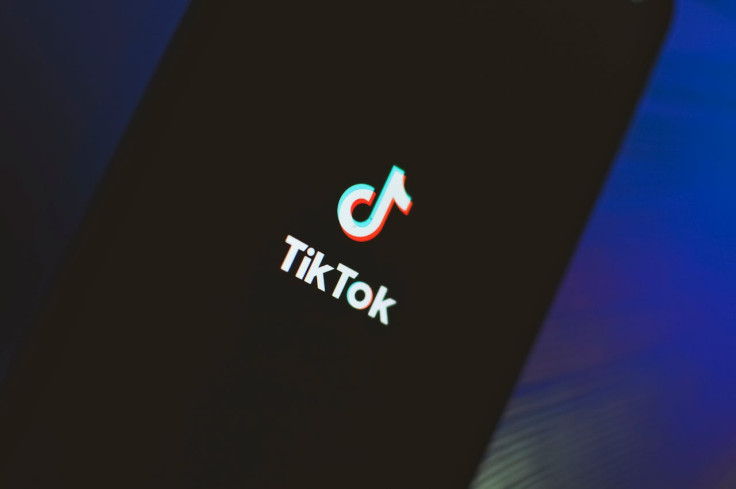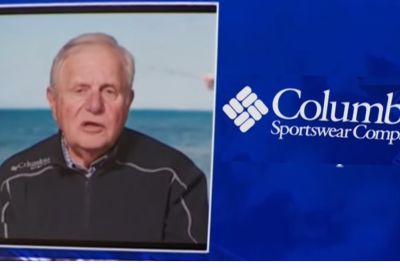TikTok's 'American Takeover' May Be a Hoax: Billionaire Questions Truth Behind Trump's New Tech Deal
Frank McCourt, a former TikTok bidder, is investigating Trump's White House-backed sale after reports that ByteDance could still keep a stake and access its algorithm.

Frank McCourt, the billionaire investor who was one of the earliest bidders for TikTok, is now questioning whether President Donald Trump's deal to sell the app's US assets is legal.
In the new White House-backed deal, TikTok's Chinese parent company, ByteDance, would still retain a minority stake and license its algorithm to the new US owners.
Billionaire Questions Trump's Controversial TikTok Sale
McCourt, one of the earliest bidders for TikTok, told CNN that his team is 'analyzing the deal the best they can' to determine whether it complies with the sale-or-ban law passed last year.
Previously, the American billionaire teamed up with Shark Tank investor Kevin O'Leary and Reddit co-founder Alexis Ohanian to buy TikTok without its powerful algorithm. Instead, the group intended to rebuild it using open-source technology from Mcourt's non-profit 'Project Liberty.'
For McCourt, the goal was to give users more control over how their data is used and monetised. But the White House has since backed a different deal.
The new deal is expected to involve Oracle, Silver Lake, Dell CEO Michael Dell, and Fox Corp. executive chairman Lachlan Murdoch.
On whether he'll challenge the agreement or join the ownership group, McCourt said, 'It's too early to say.' But he insists that the American public deserves transparency on whether the new deal would protect their data as promised.
The Legality Behind Trump's New TikTok Sale Order
Last month, President Trump signed an executive order confirming that the deal qualifies as a 'qualified divestiture,' according to a report by CBS News. This order extends TikTok's operating deadline by another 120 days, giving negotiators time to finalise the agreement.
Under the plan, the group of American investors would receive a copy of TikTok's recommendation algorithm and retrain it solely on US user data. However, ByteDance would retain less than a 20% stake in a new US-based joint venture.
Oracle will, then, monitor how the algorithm functions and ensure it complies with national security requirements.
In response, McCourt questions whether the arrangement truly meets the law's intent, which is to ensure that ByteDance will not expose the data of 170 million American users to the Chinese government. The TikTok parent company has repeatedly denied these allegations.
Critics, including some members of Congress, have echoed similar doubts. They argue that even limited cooperation between ByteDance and the new US entity could undermine the purpose of the legislation, which forbids any operational relationship between the two companies.
McCourt's Post-TikTok Mission
Ex-TikTok bidder McCourt said that despite the results of the TikTok sale, he remains focused on the mission behind his initial bid.
In an earlier interview with Quartz, McCourt shared that his goal is to give users more control over their data, 'We should be the ones serving tech platforms with terms of service, not the other way around.'
For McCourt, the TikTok deal isn't just about ownership; it's about accountability. As he continues to review the White House's agreement, he's urging transparency from all parties involved moving forward.
As of today, neither the White House nor the involved companies has disclosed the exact ownership structure or algorithm transfer terms, leading McCourt and others to question whether Americans are 'being kept in the dark' about a deal affecting 170 million US users.
© Copyright IBTimes 2025. All rights reserved.





















